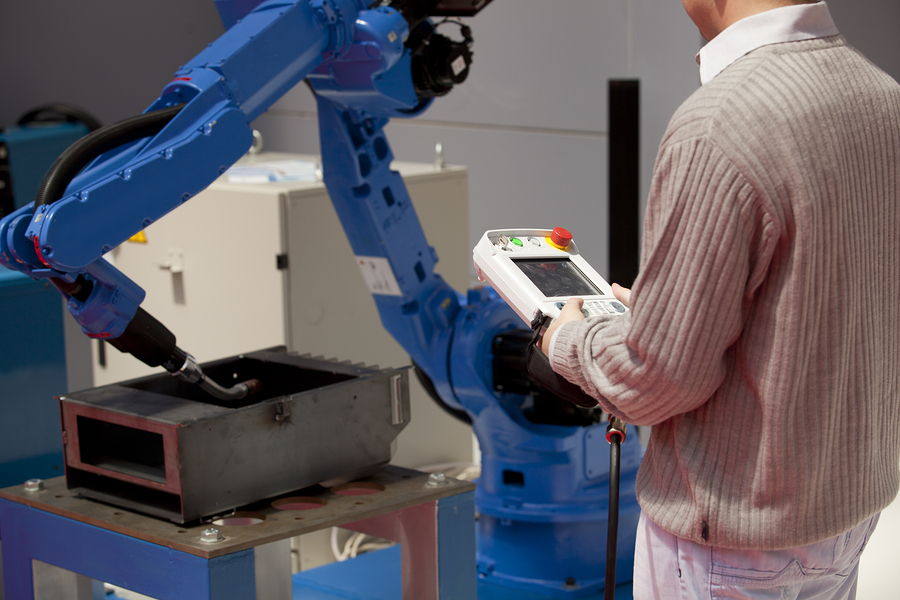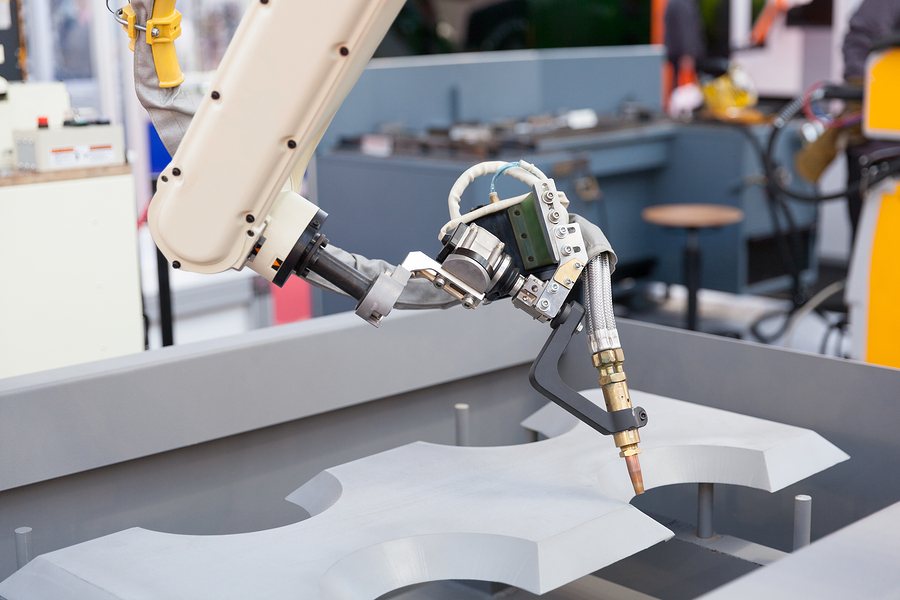Automation is shaking up the manufacturing world — but this isn’t the first time it has. While manufacturing is again growing in the United States as companies reshore and automate, robotics on plant floors weren’t always a boon for the industry — or for professionals on production lines. As their numbers and importance again rise, it’s important to look at manufacturing past as we move into its future.
Early automation
 While “recession” has been a buzzword of late, America was racked by a wave of smaller recessions following the Great Depression. The economy was on the downturn beginning in summer 1957 as manufacturing leaders brought robotics into their plants and laid off thousands of workers. By the following summer, U.S. unemployment reached 7.5% and this recession was named the “Automation Depression.”
While “recession” has been a buzzword of late, America was racked by a wave of smaller recessions following the Great Depression. The economy was on the downturn beginning in summer 1957 as manufacturing leaders brought robotics into their plants and laid off thousands of workers. By the following summer, U.S. unemployment reached 7.5% and this recession was named the “Automation Depression.”
Modern renaissance
Refined robotics and improved machinery meant automation was less expensive and manufacturing leaders no longer required as many humans for plant output. While another Automation Depression is a serious concern for many, there’s a difference in today’s manufacturing renaissance: Jobs are increasing alongside robotics, according to the Recode article. As automation becomes less expensive, more manufacturers are investing in technology. Today, they need workers to manage the machines, highlighting the need for a well-trained workforce on U.S. shores.

From Radio Frequency Identification (RFID) to 3-D printing and the Internet of Things (IoT), workers need not fear today’s renaissance. In fact, modern technology is learning and collaborative, requiring skilled individuals — rather than eliminating jobs. In addition, these technologies allow manufacturers to increase output, ease repetitive tasks, and enhance productivity overall.
American advantage
With a large consumer pool and ability to get products to the market quickly, opportunity abounds.
As more U.S. manufacturers offer internships that allow industry newcomers to gain the skills they’ll need for lifelong careers and provide increased learning opportunities for those who are ready to take the next step in their futures, the skills gap begins to close. In addition, more women are entering the field, further adding to the number of individuals in the industry. Still, manufacturers must continue to support these individuals in their education to grow the industry and boost American manufacturing competition.
